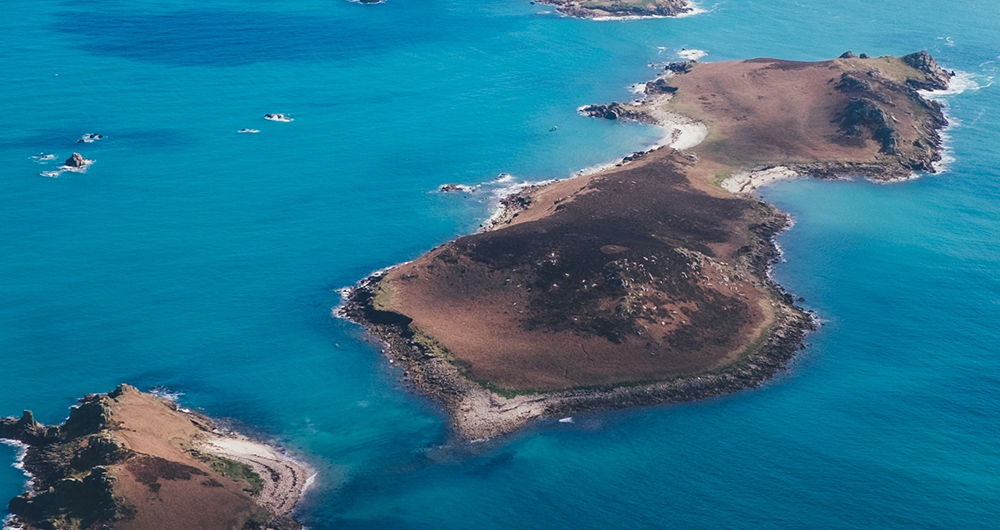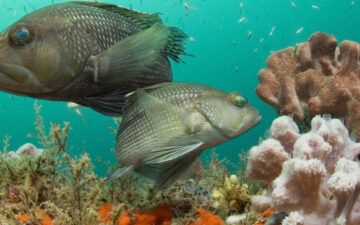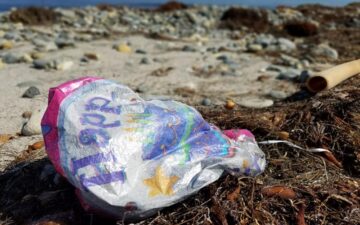Dear Friend of the Ocean,
For me, 2017 was the year of the island, and thus of expanded horizons. The year’s site visits, workshops and conferences took me to islands and island nations around the globe. I looked for the Southern Cross before I crossed to the north of the Tropic of Capricorn. I gained a day when I crossed the international date line. I crossed the equator. And, I crossed the Tropic of Cancer, and I waved at the North Pole as my flight tracked the northern route to Europe.
Islands evoke strong images of being independent, a place to be “away from it all,” a place where boats and airplanes can be a necessity. That isolation is both a blessing and a curse.
The common values of self-reliance and close-knit community pervade the culture of all of the islands I visited. The broader global threats of sea level rise, increasing storm intensity, and changes in ocean temperature and chemistry are not theoretical “at the end of the century” challenges for island nations, especially small island nations. They are the all too real present circumstances that affect the economic, environmental, and social well-being of dozens of countries around the world.
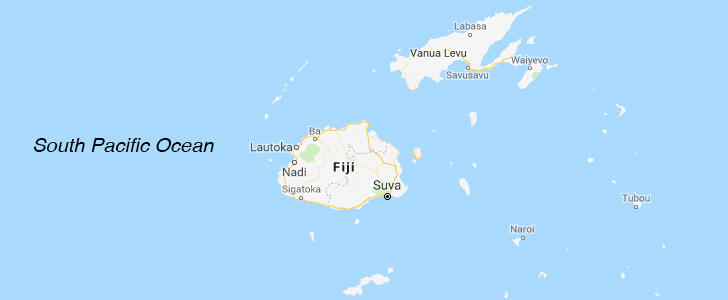
Islands of the South Pacific, Google, 2017
The Azores played host to the Sargasso Sea Commission as we discussed how best to manage the home of so many special creatures from baby sea turtles to humpback whales. Nantucket’s iconic whaling history underpinned a workshop on a “Whale Alert” app that helps ship captains avoid hitting whales. Mexican, American, and Cuban scientists gathered in Havana where we discussed how best to monitor the health of the Gulf of Mexico and then apply the data to joint management of those marine resources even in a time of change. I returned to Malta for the fourth “Our Ocean” conference, where ocean leaders such as former Secretary of State John Kerry, Prince Albert of Monaco, and Prince Charles of the United Kingdom strove to bring a sense of optimism to our shared ocean future. When scientists and policymakers from 12 island nations gathered in Fiji with the TOF team for our ocean acidification science and policy workshops, they joined the ranks of those who had been trained at the TOF workshops in Mauritius—boosting the capacity of these island nations to understand what is happening in their waters and to address what they can.
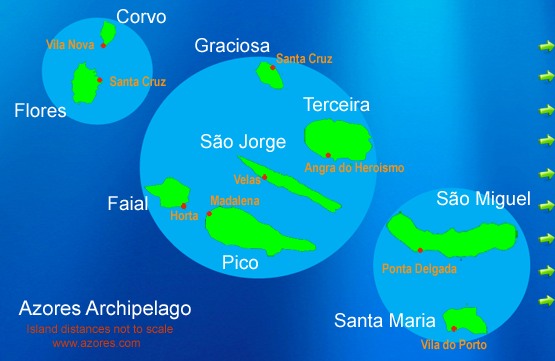
Azores Archipelago, Azores.com
From the rugged coast of the Azores to the tropical beaches of Fiji to the historic malecon [waterfront promenade] of Havana, the challenges were all too clear. All of us witnessed the absolute devastation of Barbuda, Puerto Rico, Dominica, the US Virgin Islands, and the British Virgin Islands as Hurricanes Irma and Maria slammed human-built and natural infrastructure alike. Cuba and other Caribbean islands suffered significant damage as well. The island nations of Japan, Taiwan, Philippines, and Indonesia collectively incurred hundreds of millions of dollars in damage from tropical storms this year. At the same time, there are more insidious threats to island life that include erosion, saltwater intrusion into freshwater drinking sources, and the shift of iconic marine species away from historic locations because of warmer temperatures and other factors.
Allan Michael Chastanet, Prime Minister of St. Lucia
As quoted in The New York Times
When you include their EEZs, Small Island States are really Big Ocean States. As such, their ocean resources represent their heritage and their future—and our collective responsibility to minimize harm to our neighbors everywhere. As we jointly bring ocean issues to more international fora, the perception of these nations is shifting from little to large! Fiji played an outsized role this year as both the co-host of the UN SDG 14 “Ocean Conference” in June and the host of the major annual climate meeting known as the UNFCCC COP23, held in Bonn in November. Fiji is also pressing for an Oceans Pathway Partnership as a strategy that assures we all think about the ocean as we work to address climate disruption. Sweden as cohost of the UN Ocean Conference recognizes this. And, Germany does as well. They are not alone.
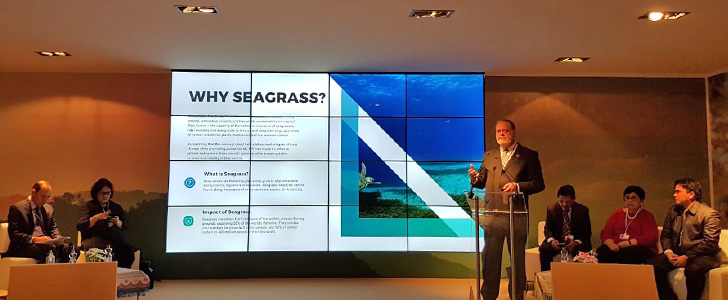
Mark J. Spalding presenting at COP23, Bonn, Germany
Prime Minister Gaston Browne of Antigua and Barbuda.
As quoted in The New York Times
I had the good fortune to attend both of these international meetings where hope and disappointment run hand in hand. Small island nations contribute less than 2 percent of greenhouse gas emissions, but they are experiencing the worst of the effects to date. There is hope that we can and will address these issues and help island nations do so through the Green Climate Fund and other measures; and there is justifiable disappointment that the nations that have contributed the most to climate change are too slow to help the island nations most affected by climate change.
Thoriq Ibrahim, The Minister of Energy and Environment in the Maldives
As quoted in The New York Times
My last island of the year was Mexico’s Cozumel for a tri-national marine parks meeting (Cuba, Mexico, and the US). Cozumel is the home of Ixchel, a Mayan deity, the Goddess of the Moon. Her main temple was isolated on Cozumel and visited only once every 28 days when the moon was full and illuminated the white limestone path through the jungle. One of her roles was as the goddess of the fruitful and flowering surface of the earth, with tremendous healing power. The meeting was a powerful coda to a year spent focusing on how to steer our human relationship to the ocean towards healing.
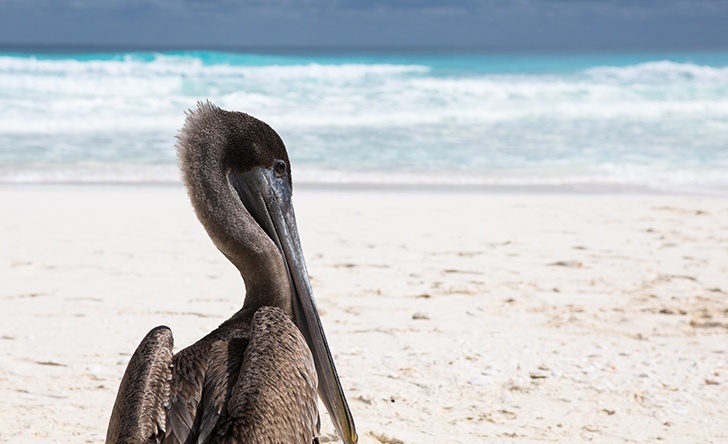
Cozumel, Mexico, Photo Credit: Shireen Rahimi, CubaMar
I also came away from my year of islands with an expanded awareness of just how urgent is the need to support resilience and adaptation expeditiously, even as we plan for inevitable migration as sea levels rise. More at stake should mean a bigger voice. We need to invest now, not later.
We need to listen to the ocean. It is past time for all of us to prioritize that which gives us oxygen, food, and countless other benefits. Her island peoples have raised up her voice. Our community strives to defend them. We can all do more.
For the ocean,
Mark J. Spalding
